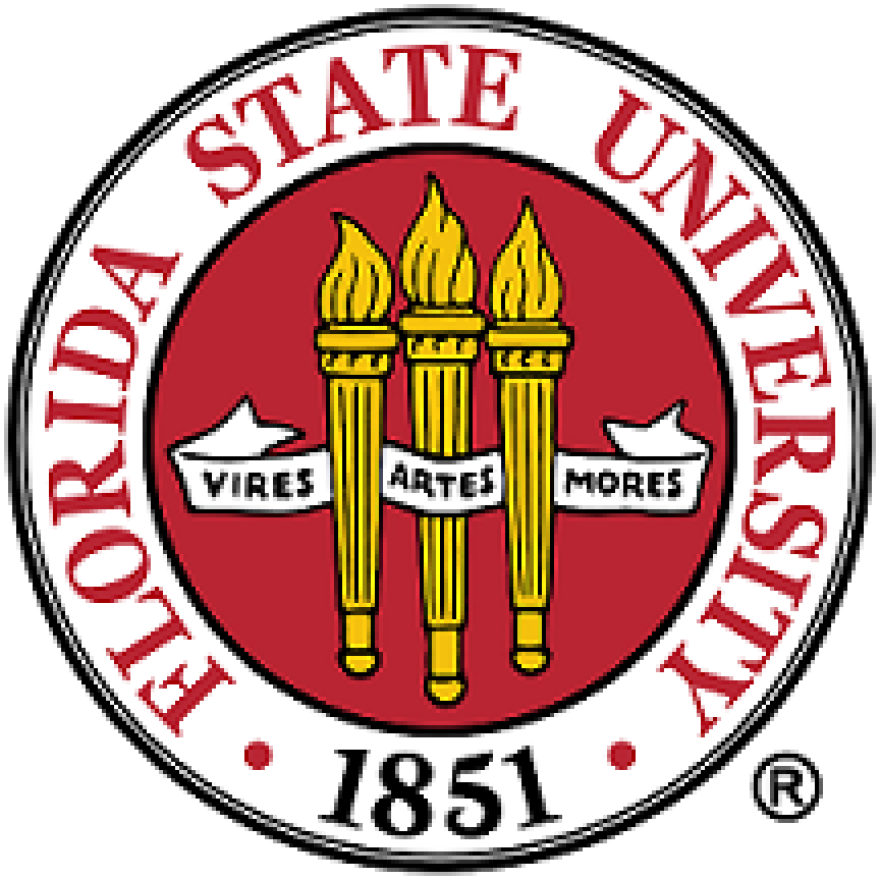What should the connection be between politically partisan donors and the universities they help support?
At recent hearings of Florida State University’s Presidential Search Committee, an old complaint has once again reared up—one aimed squarely at a prominent political and financial donor. Ralph Wilson, with the FSU Progress Coalition, points to the Koch brothers.
“In light of the apparent willingness to forfeit the integrity of the search process, as well as contextualizing this with the recent threats to FSU’s academic integrity by the Charles Koch Charitable Foundation’s involvement with the FSU economics department—we demand corrective measures continue to be taken toward an open, democratic process without undue outside, influence,” Wilson says.
FSU received a grant from the Koch Foundation in 2008 for its economics department. But the money didn’t’ become an issue until three years later when two FSU professors complained that the grant gave the foundation a hand in hiring a professor, which they said jeopardized academic freedom.
Every so often, the issue of Koch money in higher education crops back up, and it’s couched in what Stetson University political scientist T. Wayne Bailey calls a “myth” of higher education.
"The myth in the last decade or two or three is that universities and their faculties have presented their course materials in a liberal/leftist sort of feeling," he says.
Bailey says America’s colleges and universities are a focal point in the battles over ideas and ideology. And despite attempts to stay neutral, the schools are getting sucked in. He says both sides, the left and the right, have made donations to schools in an attempt to push their agenda. He says a good litmus test for such grants is how they’re used and worded, “such as funding research to find a solution to the most recent citrus disease in Florida."
Bailey adds, "That has a certain freshness, a certain direction—I don’t think anyone would quarrel with that. But if anyone is funding research to find out if the minimum wage is harmful or beneficial to a community—there you get into assumptions and disagreements that will crop up from the word go.”
Bailey says schools have to be transparent about what they’re getting, from whom, and for what.
FSU revamped its agreement with the Koch Foundation in 2011 to lessen the influence the organization has over hires and add more faculty oversight. The agreement was changed again to remove influence for long-term, tenure-track hires.
And about the transparency: FSU has devoted a website to explaining the Koch Foundation grant—but it’s hard to find on the school’s website.


